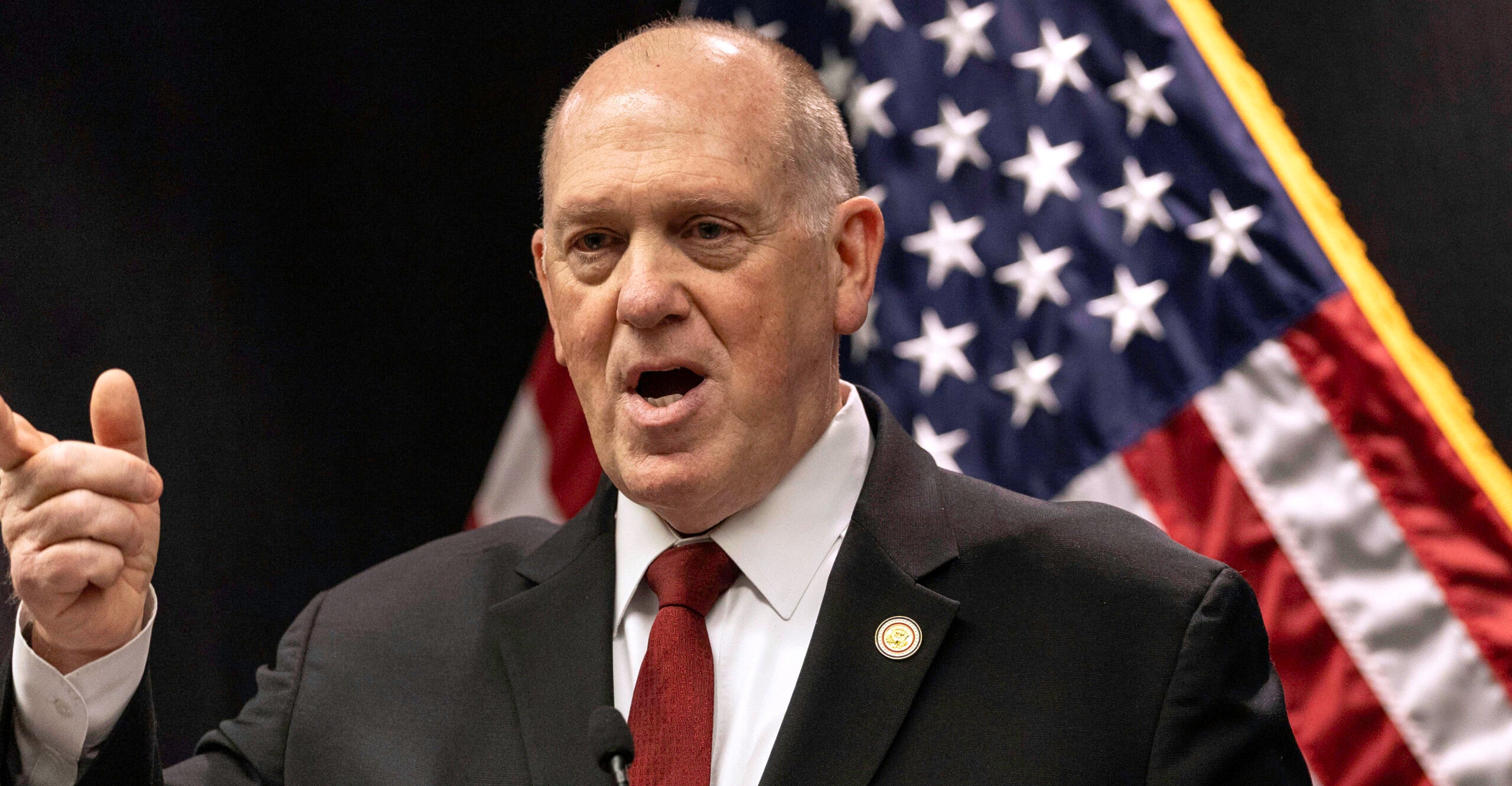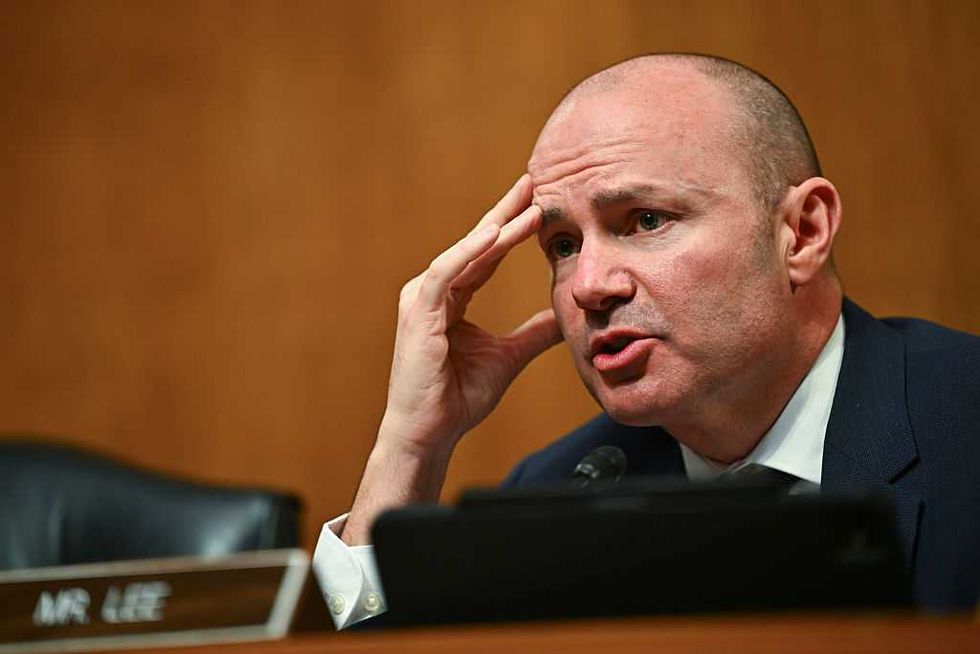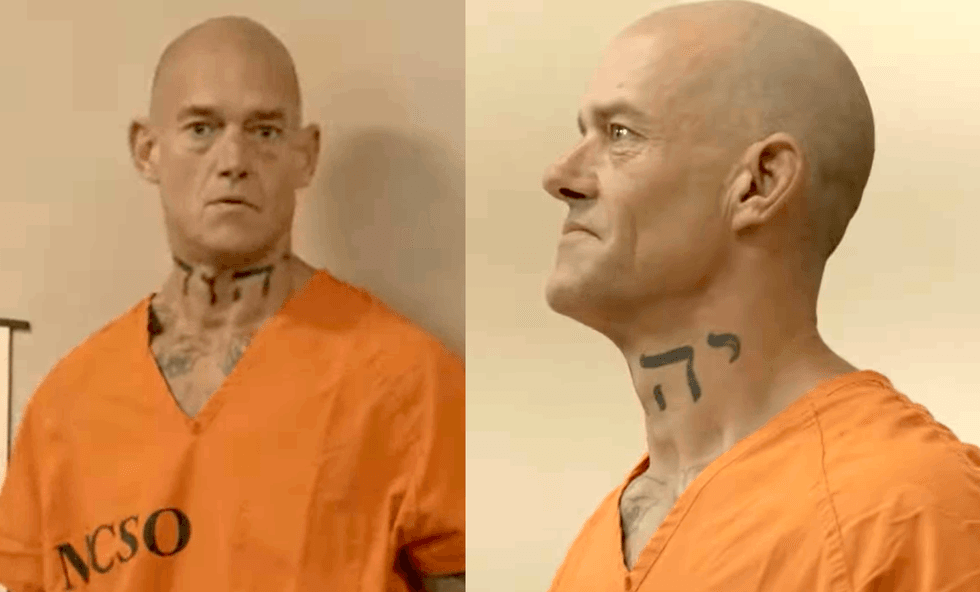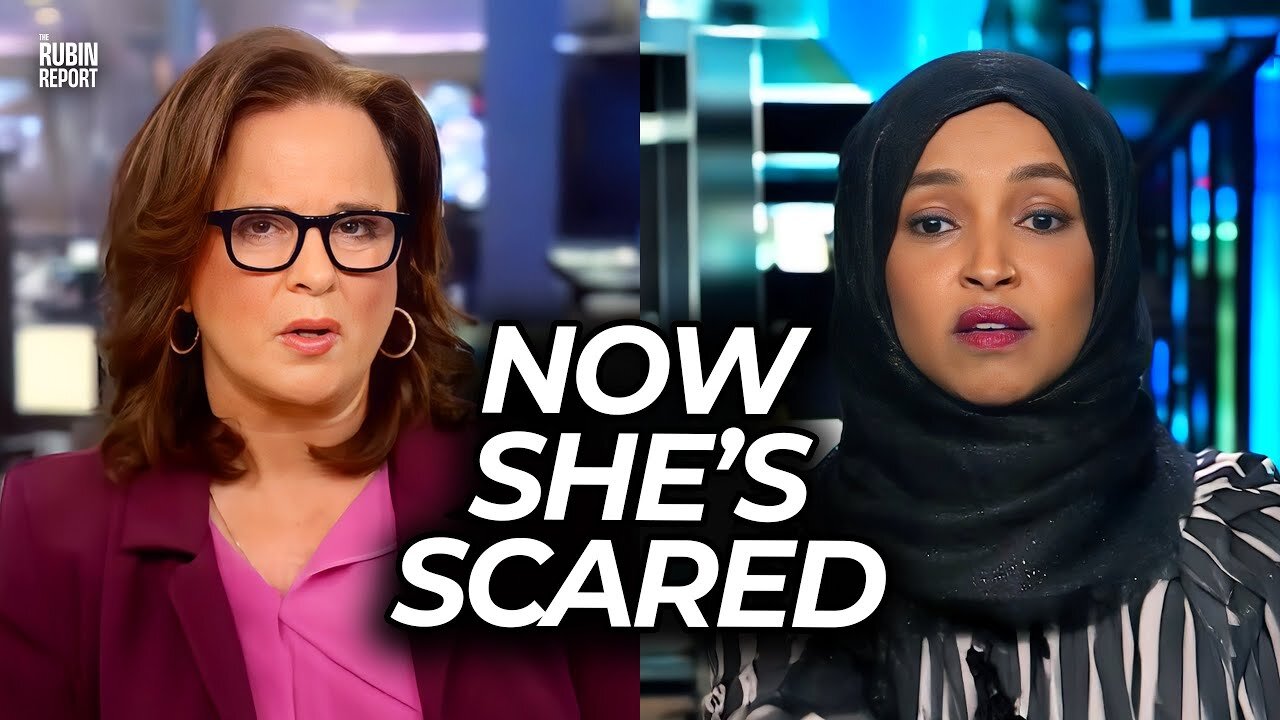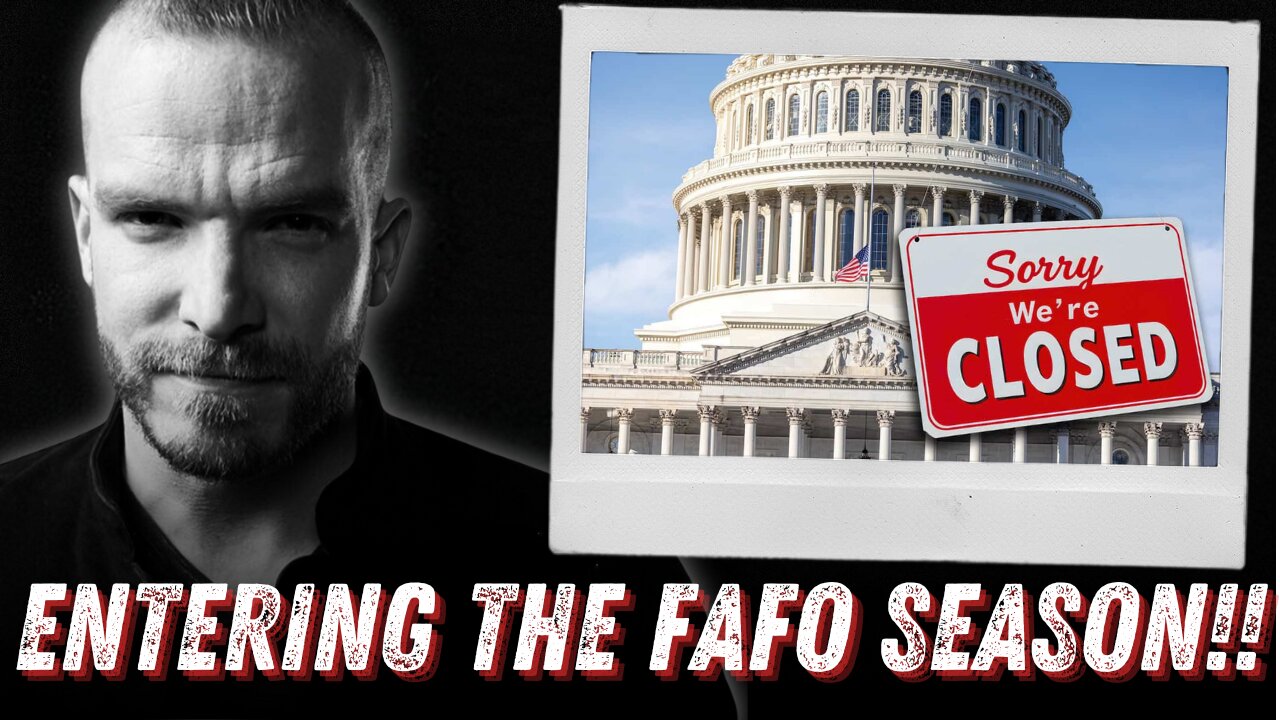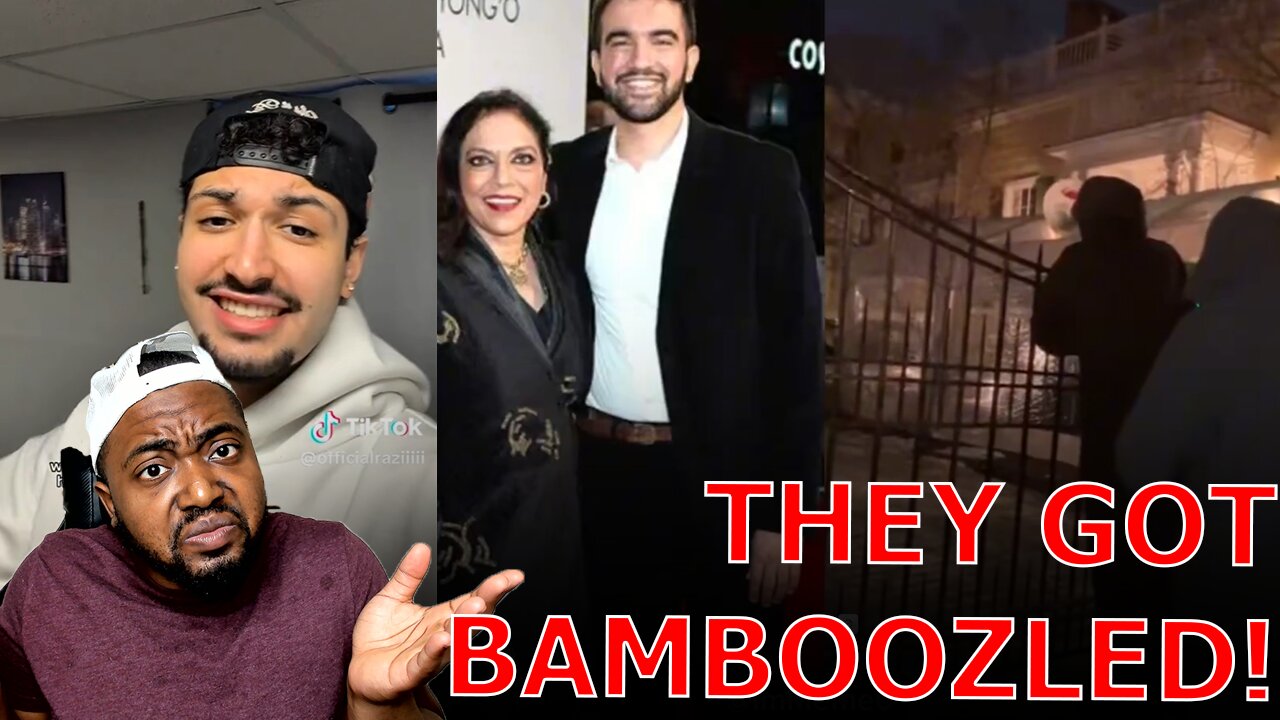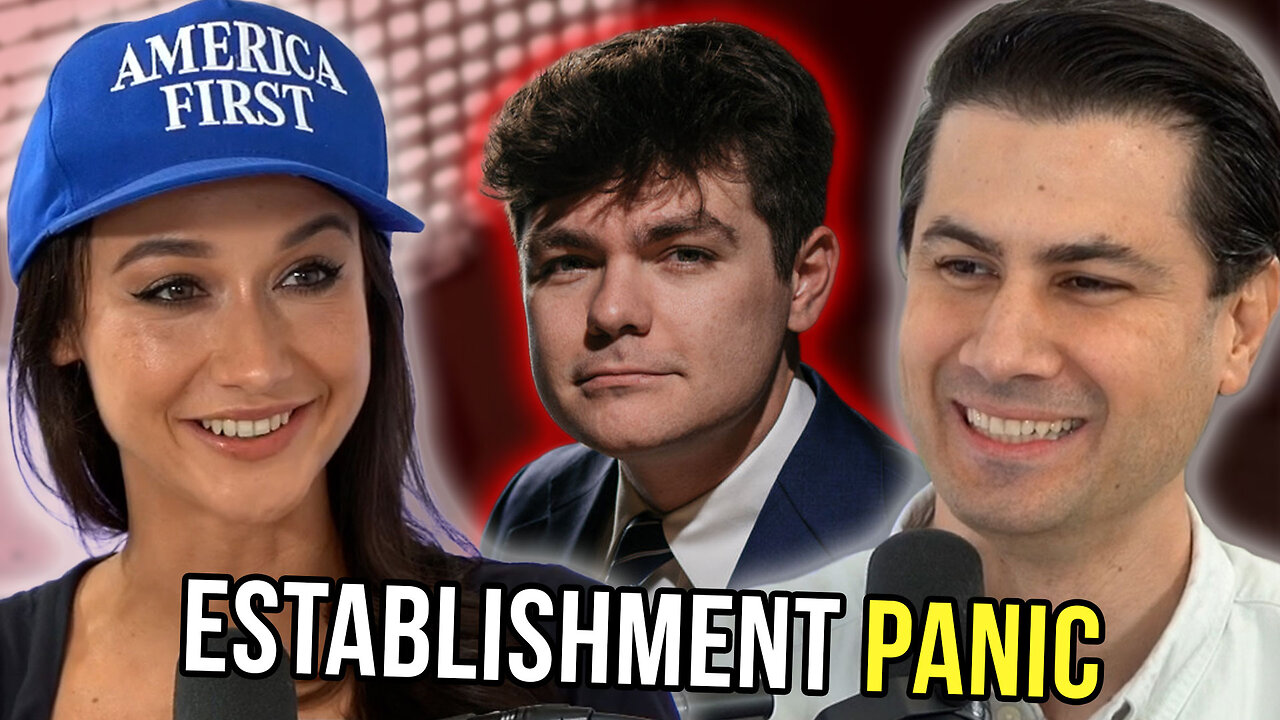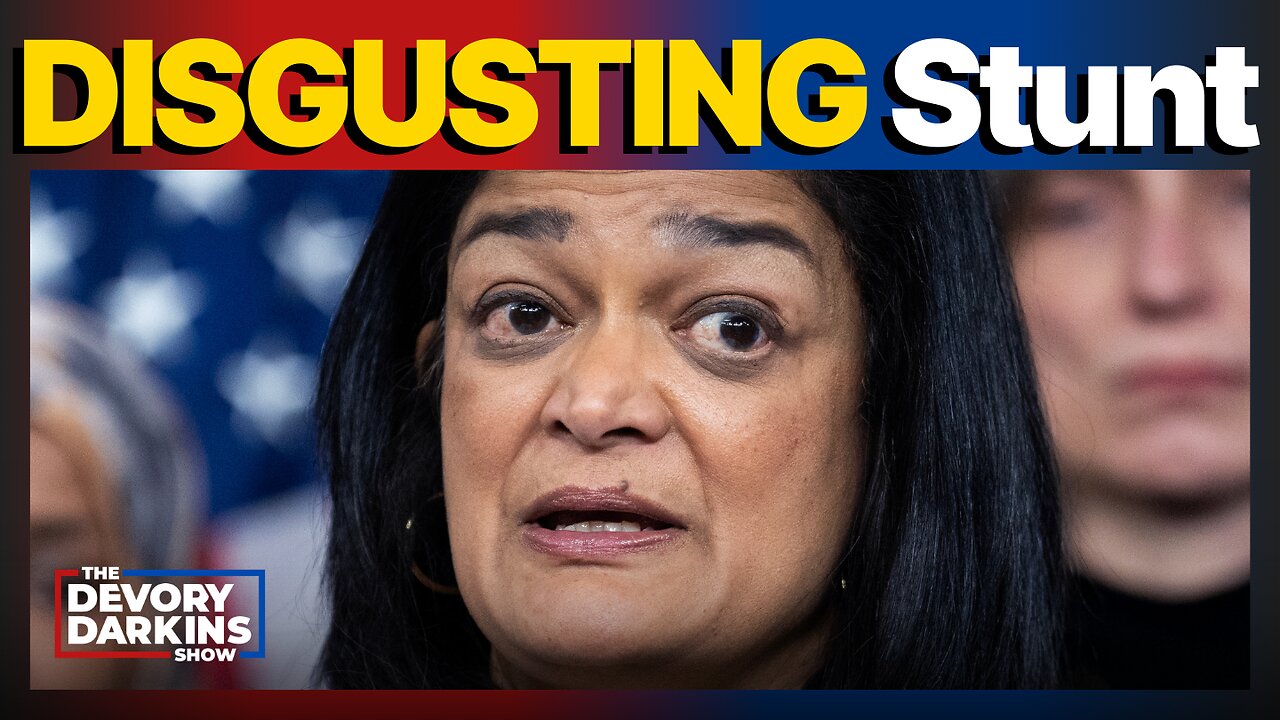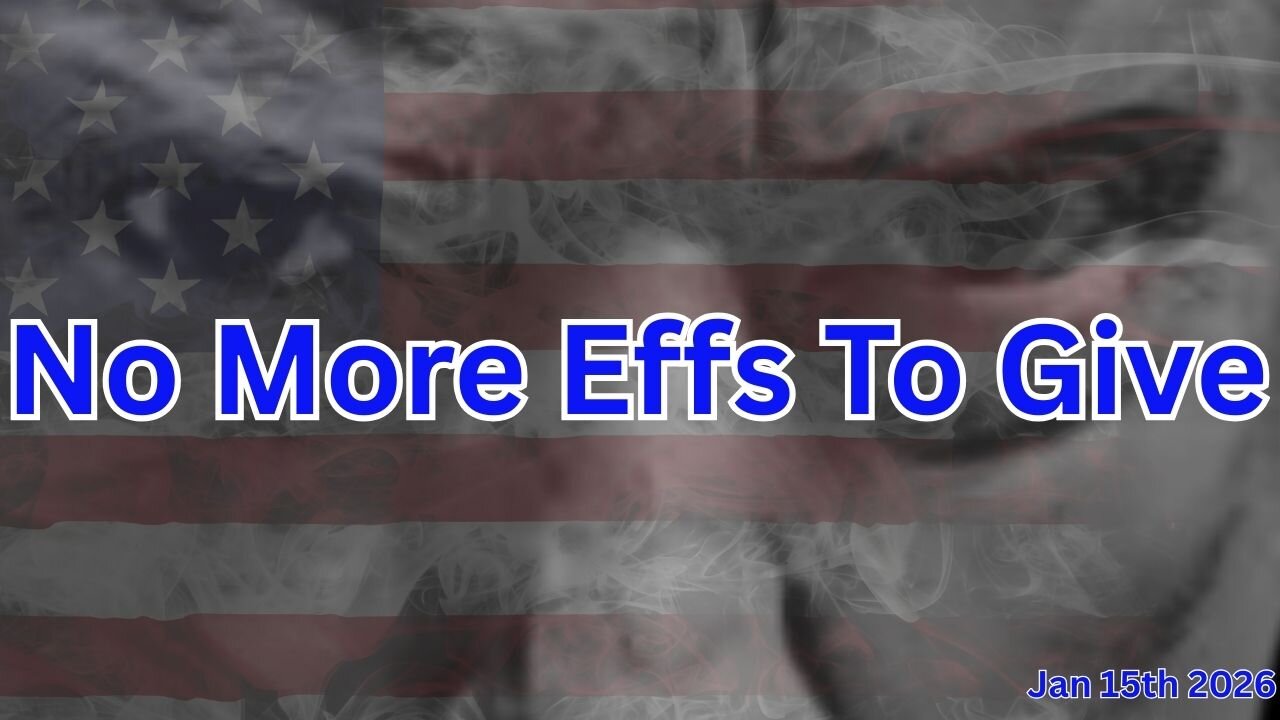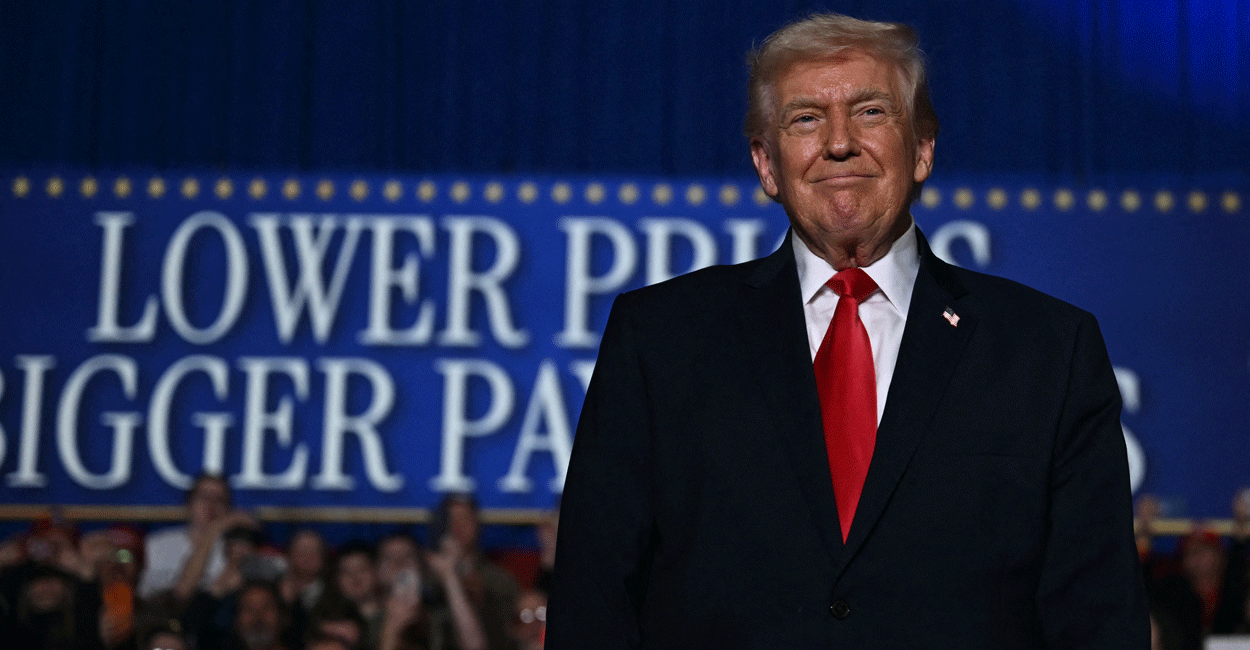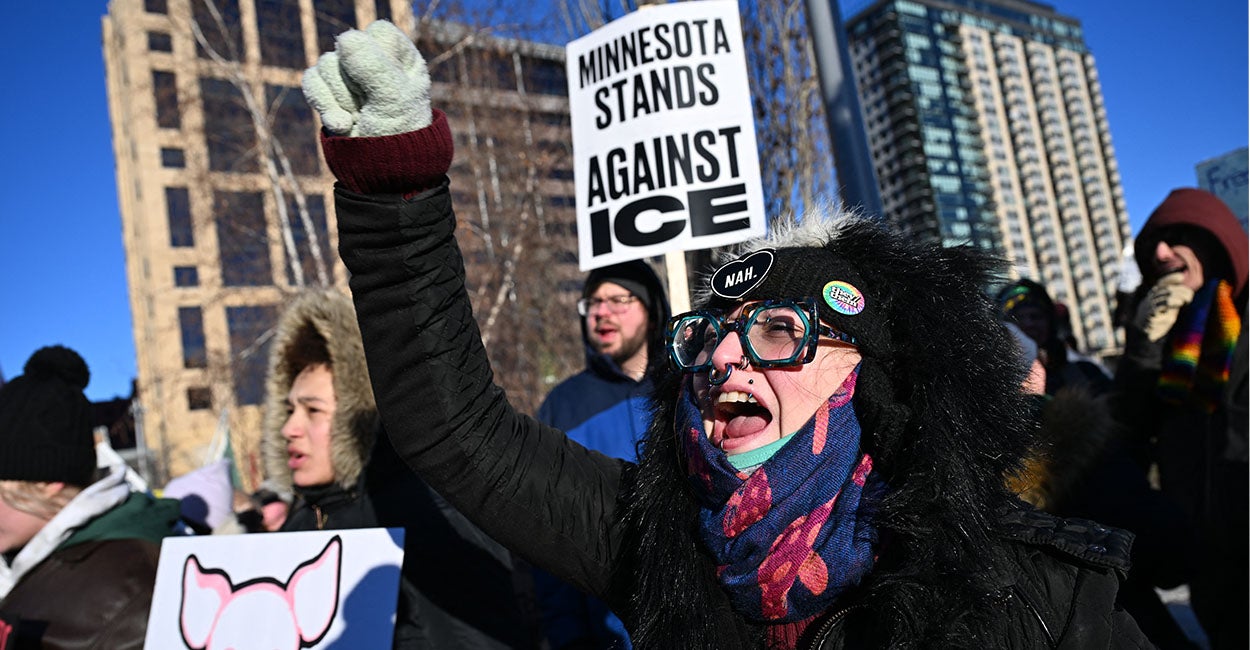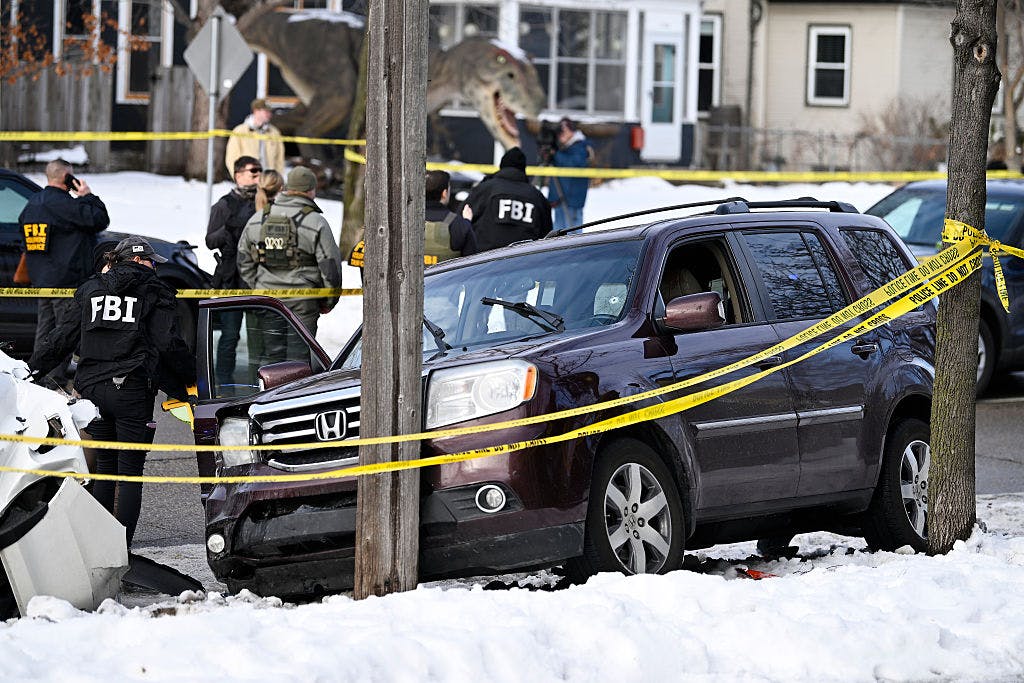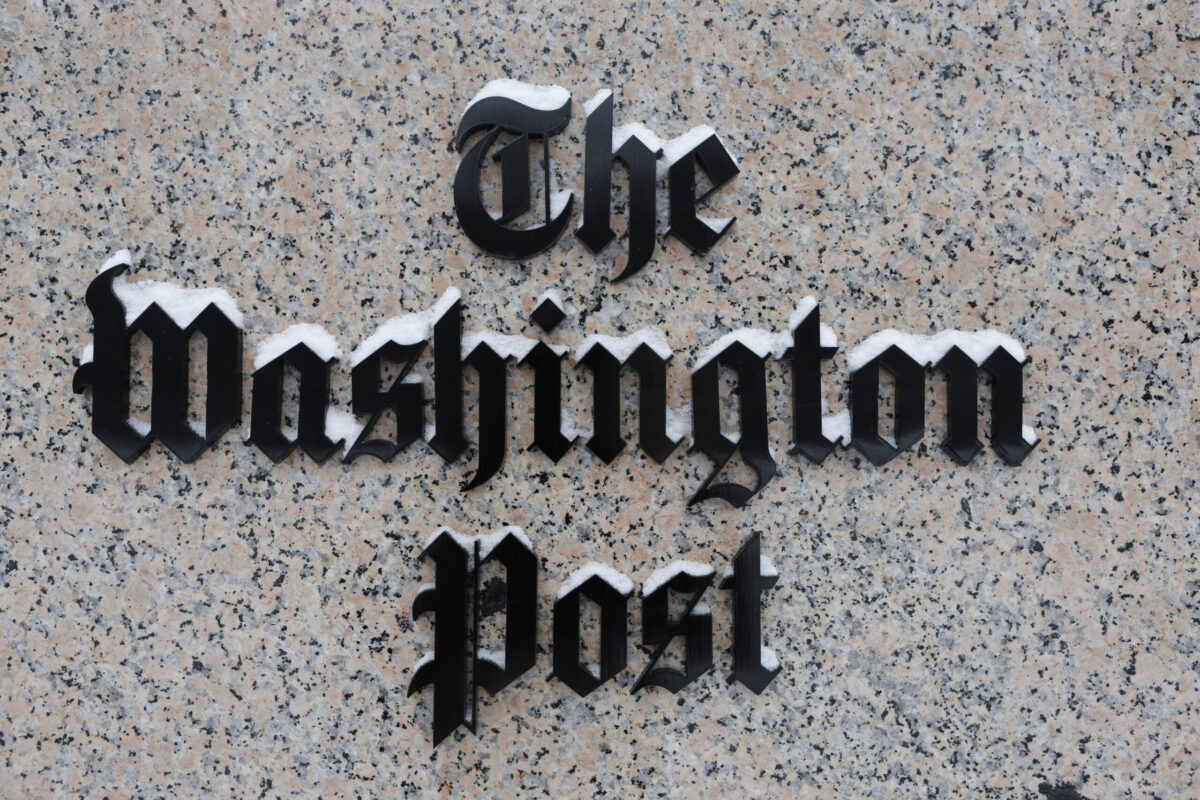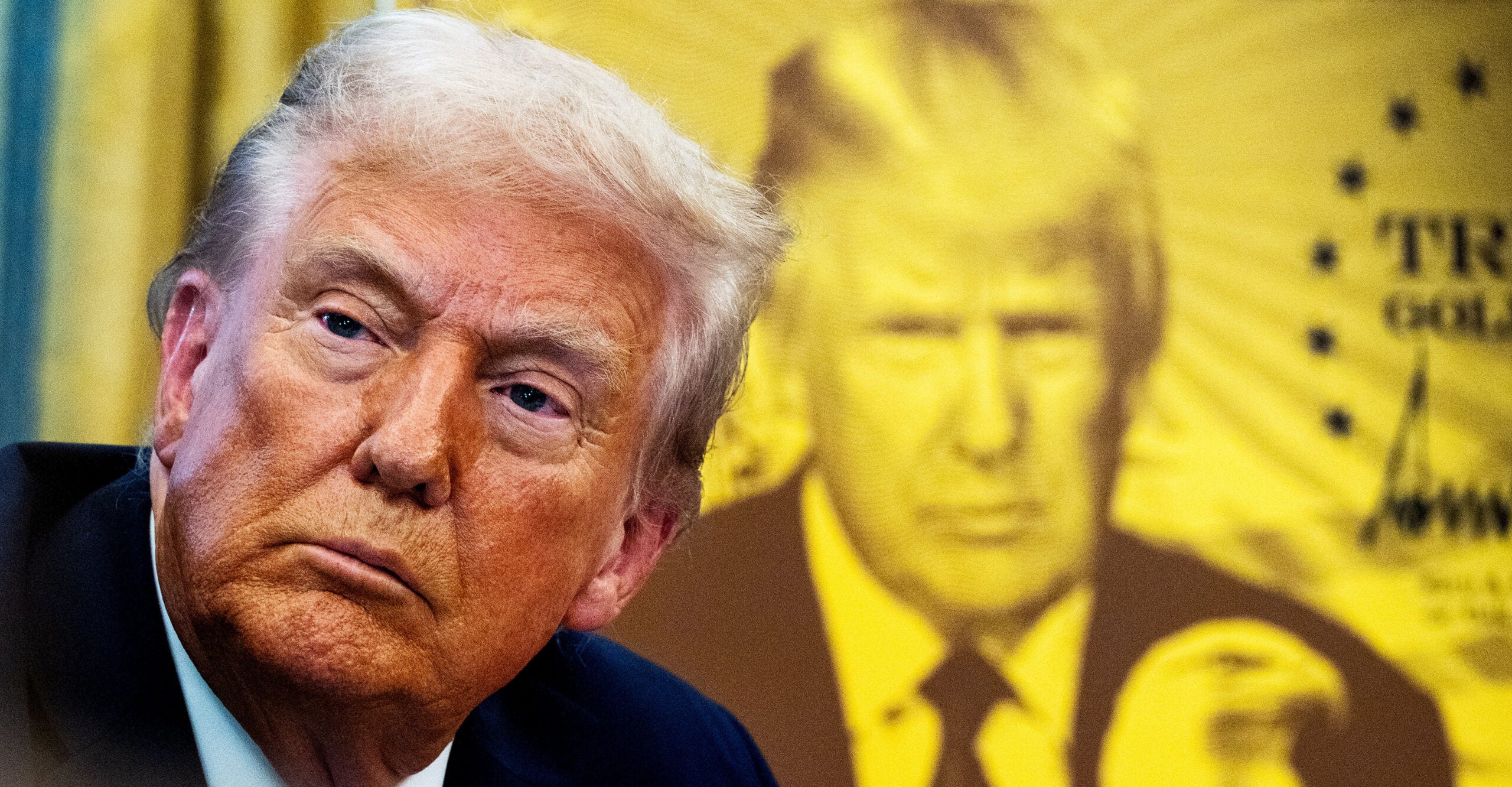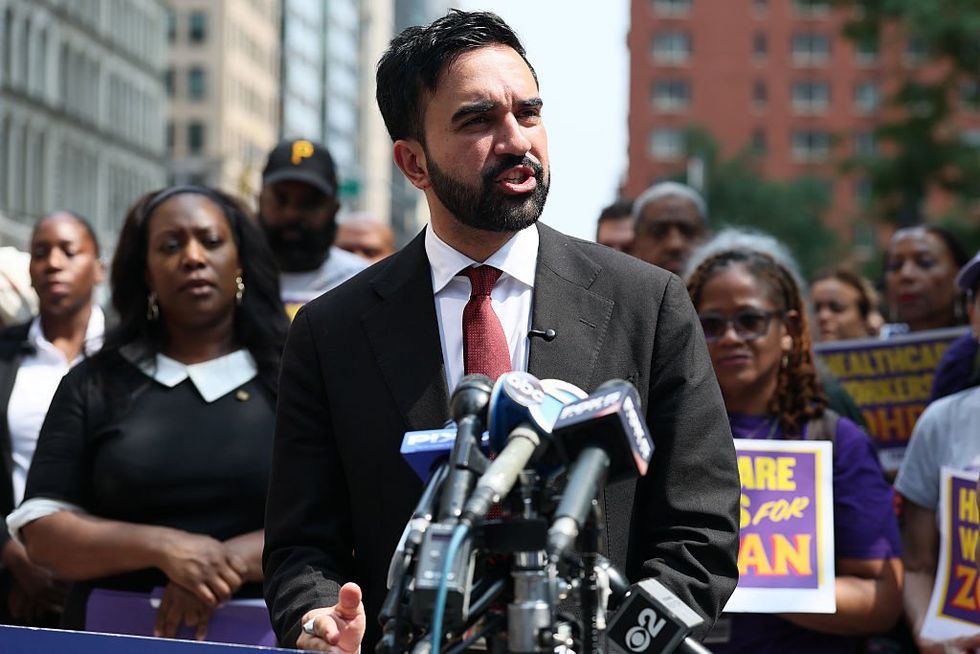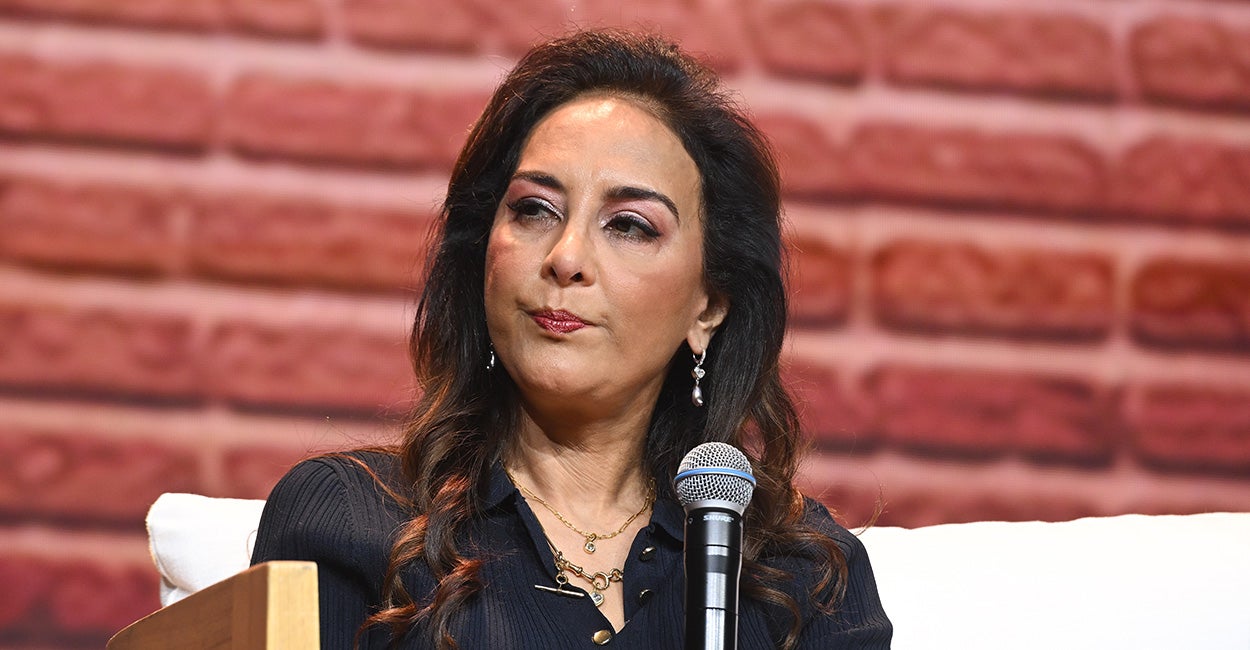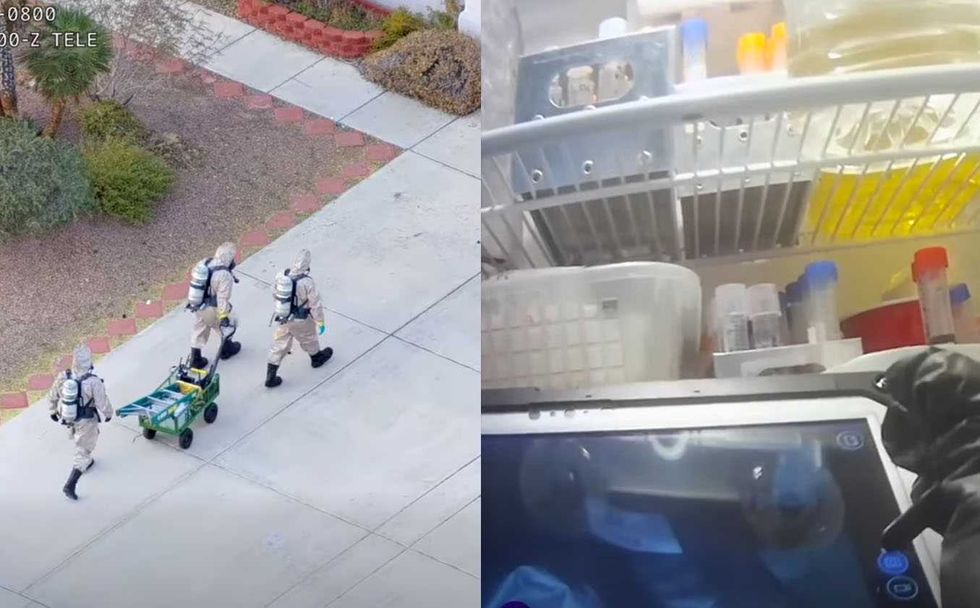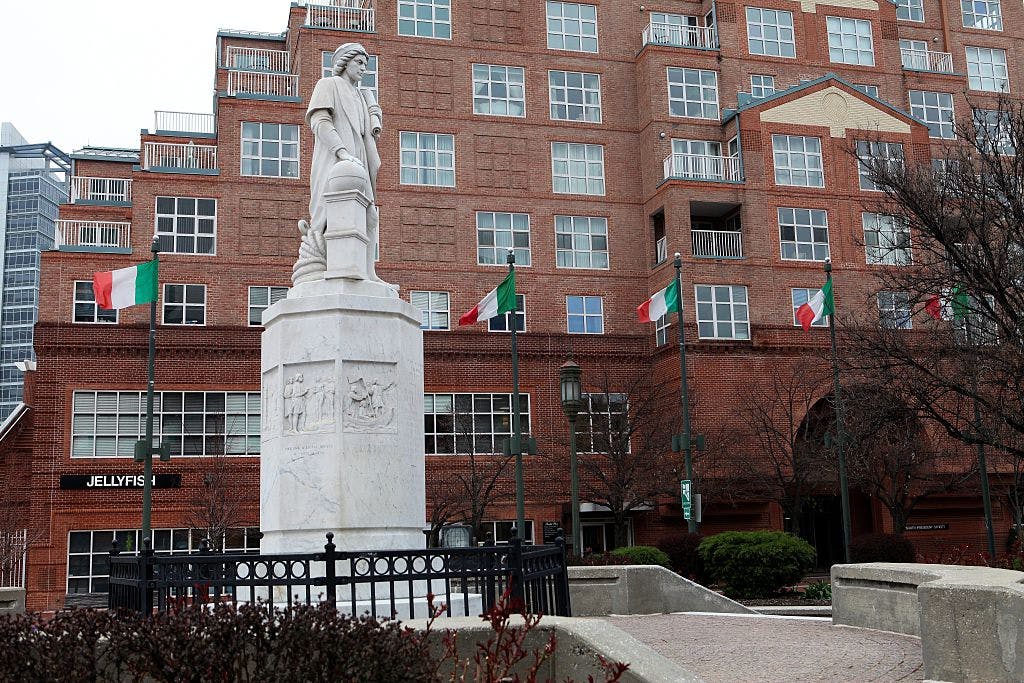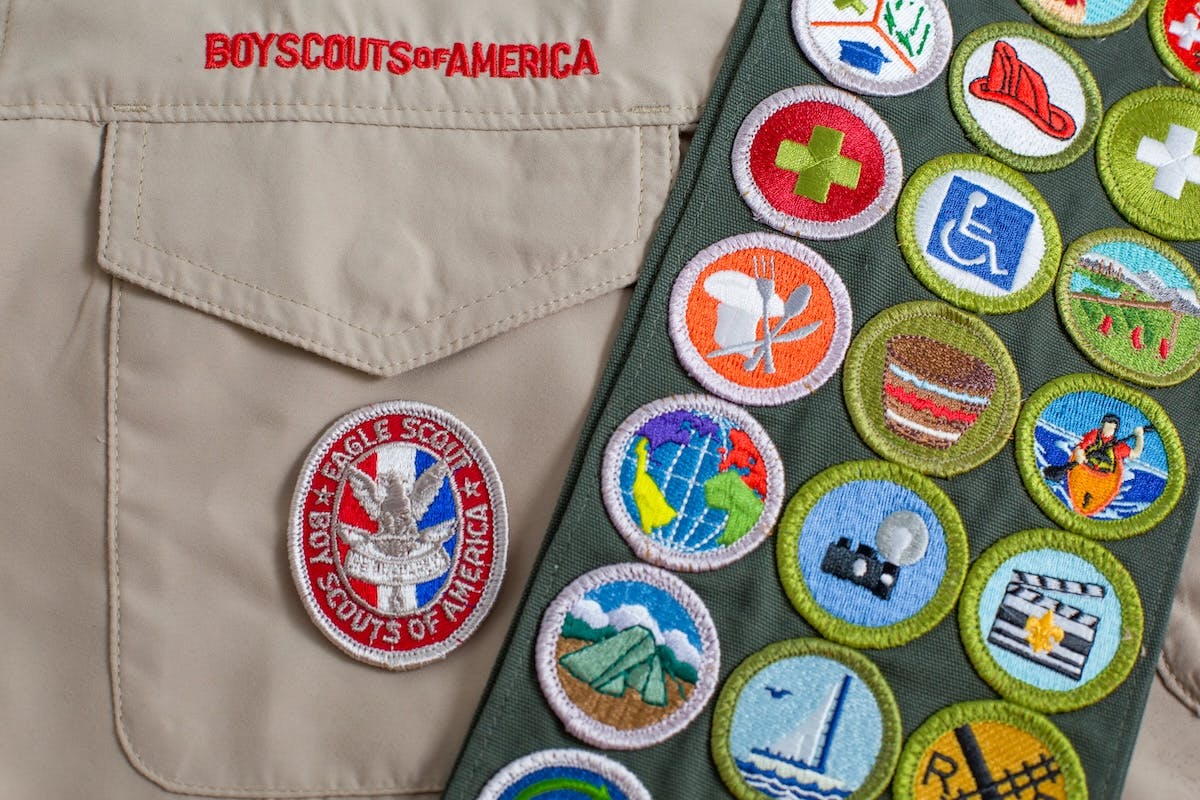Researchers tied to Fauci’s COVID cover-up still scoring big NIH grants
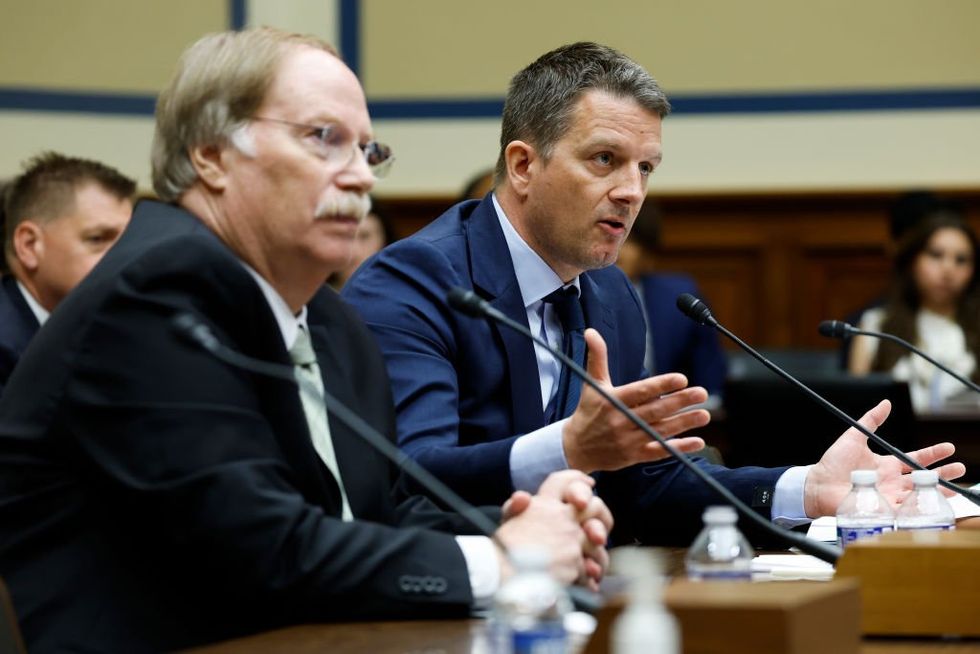
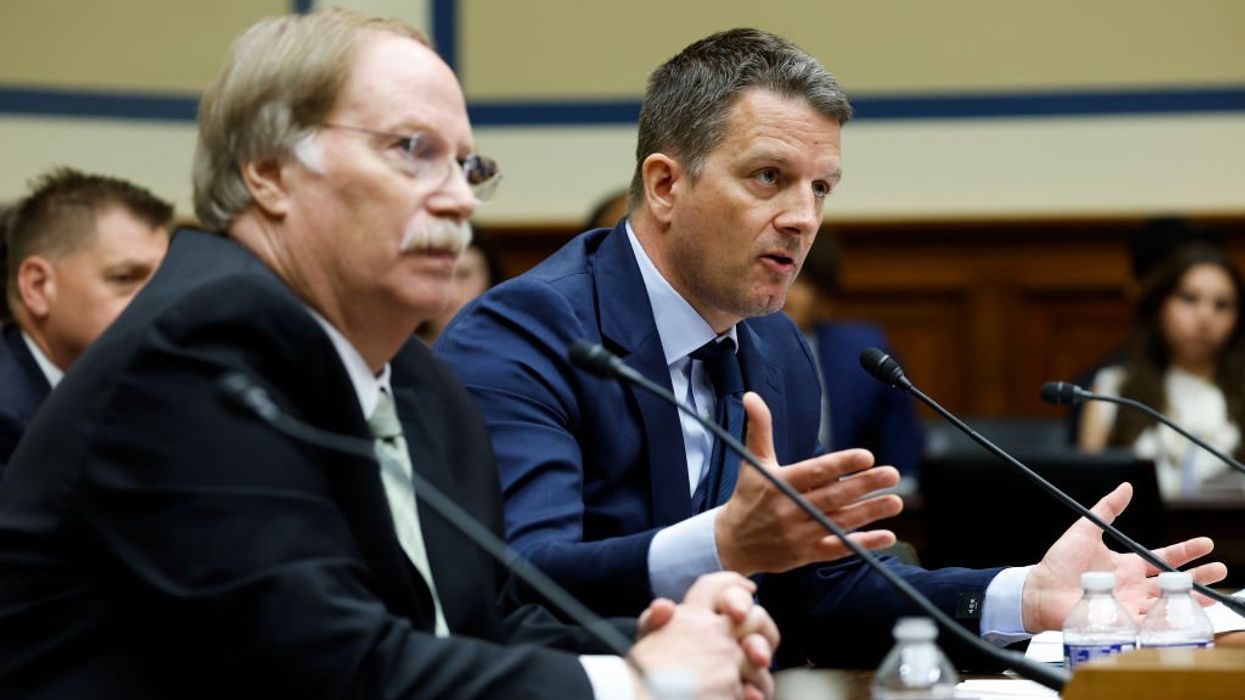
The Trump administration's National Institutes of Health is still funding some medical researchers who suppressed debate about the possibility of a lab leak as the origin of COVID-19.
Live Your Best Retirement
Fun • Funds • Fitness • Freedom
Following the outbreak, then-National Institute of Allergy and Infectious Diseases Director Anthony Fauci and then-NIH Director Francis Collins strongly condemned allegations that the virus was the result of a lab leak, primarily citing a March 2020 peer-reviewed article from National Medicine titled "The proximal origin of SARS-CoV-2."
'How do you put all this together, whether you believe in this series of coincidences, what you know of the lab in Wuhan, how much could be in nature — accidental release or natural event?'
However, released emails revealed that the scientists involved in drafting the Proximal Origin initially had concerns that the virus had leaked from a lab.
Kristian G. Andersen, who would go on to be listed as the primary author of the article, wrote in an email to Fauci on January 31, "The unusual features of the virus make up a really small part of the genome (<0.1%) so one has to look really closely at all the sequences to see that some of the features (potentially) look engineered."
Andersen further noted that he, Edward Holmes, Robert Garry, and Michael Farzan "all find the genome inconsistent with expectations from evolutionary theory."
"But we have to look at this much more closely and there are still further analyses to be done, so those opinions could still change," he added.
Holmes and Garry also helped draft the Proximal Origin.
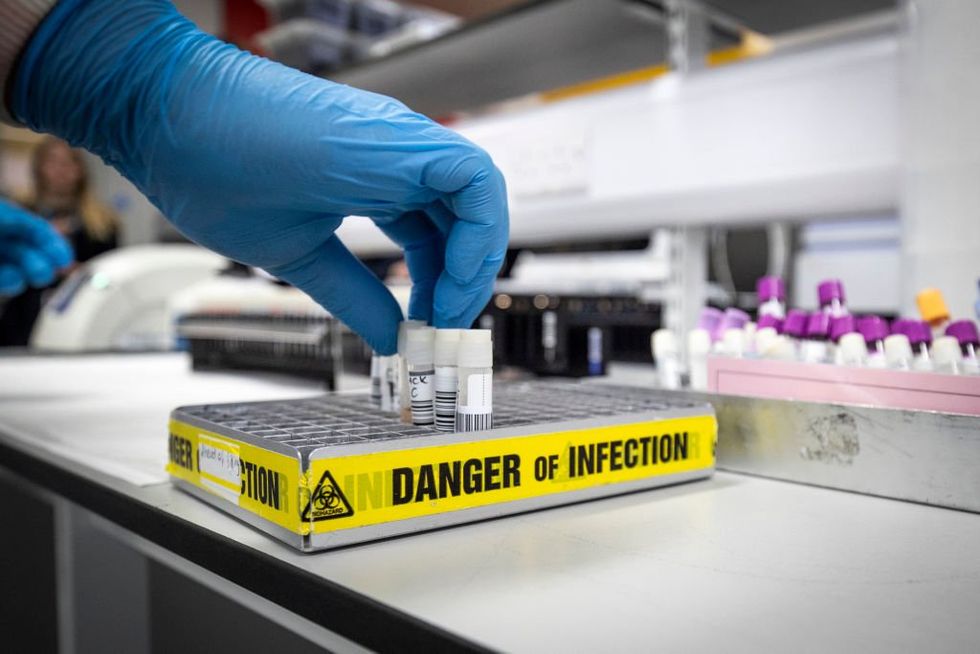 Photo by Jane Barlow - WPA Pool/Getty Images
Photo by Jane Barlow - WPA Pool/Getty Images
In an email to Fauci and Collins on February 2, 2020, Farzan was quoted as saying, "Nothing seems to specifically suggest whether this virus was most likely to be 'adapted,' 'evolved,' or maybe even 'engineered.' So I think it becomes a question of how do you put all this together, whether you believe in this series of coincidences, what you know of the lab in Wuhan, how much could be in nature — accidental release or natural event?"
"I am 70:30 or 60:40," he concluded. Farzan later backtracked, claiming those numbers were "inverted."
A House subcommittee found that the report was created after Fauci and Collins held a conference call in February with roughly a dozen scientists, four of whom drafted the paper days later. That draft was reportedly sent to Fauci and Collins "for editing and approval" before it was published.
During a 2023 congressional hearing, Andersen denied allegations that Fauci prompted researchers to write the Proximal Origin report and rejected claims that grants were used to persuade scientists to dismiss the lab-leak theory.
Despite early suspicions about the virus' origins, the final published version of the paper stated that the scientists' "analyses clearly show that SARS-CoV-2 is not a laboratory construct or a purposefully manipulated virus."
The report sparked allegations that the once-skeptical authors were now complicit in the cover-up of the virus' origins.
Yet grant records show that Andersen, Garry, and Ian Lipkin are still receiving taxpayer-funded grants, several of which are being used to conduct COVID-related research.
Andersen is receiving a few grants from the NIAID: one worth over $2.5 million, another for $319,000, and a third for $602,000.
The first grant provides funding to the Center for Viral Systems Biology. Andersen is the director and principal investigator of CViSB, while Garry is the co-director.
The project's summary states, "The COVID-19 pandemic is a stark reminder of the threat posed by infectious diseases, but other priority pathogens, such as Lassa and Ebola viruses, continue to pose significant challenges in endemic areas."
"Our central hypothesis remains that complex networks of viral and human factors, including distinct clinical, immunological, genetic, virological, and physiological attributes play key roles in determining the outcome and spread of Lassa, Ebola, and COVID-19," it continues. "Our overall goal is to identify these molecular networks and provide a deep system-level understanding of the virus, host, and environmental drivers of disease severity and spread to discover predictive markers of human disease."
RELATED: Despite Biden's pardon, Anthony Fauci still faces legal perils. Here they are.
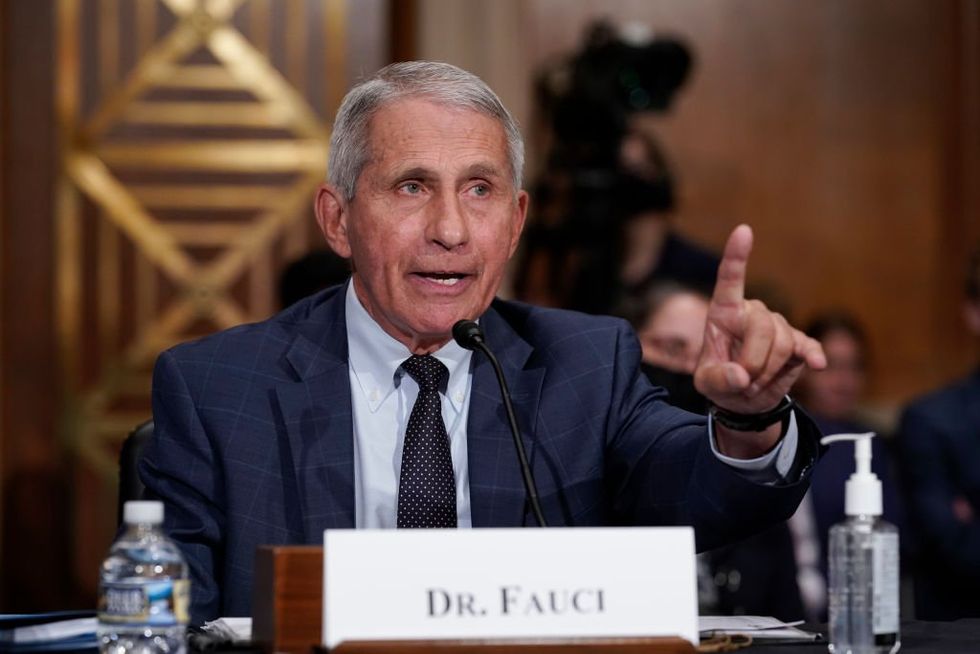 Anthony Fauci. Photo by J. Scott Applewhite-Pool/Getty Images
Anthony Fauci. Photo by J. Scott Applewhite-Pool/Getty Images
The second grant provides funding for the CViSB's Administrative Core, led by Andersen, which includes support for all of the center's research projects to ensure its goals are successfully met.
The third grant funds "Project 2," which aims to "investigate the complex interplay of virus genetics and host immunity in determining epidemiology and outcome of infection with Lassa virus, Ebola virus, and SARS-CoV-2."
Garry was listed as the project leader on a separate grant for "Project 1," totaling nearly $515,000. The project's goal is "to generate an integrated, systems-level dataset that will enable development of models that predict disease severity or long-term sequelae in individuals infected with Lassa virus, Ebola virus or SARS-CoV-2, and protective responses to vaccines."
Another separate grant, totaling over $1.9 million, went to Columbia University's Center for Infection and Immunity for a project to study "gene-environment interactions between the immune system and infectious agents." The project lead and investigator was listed as Ian W. Lipkin, another co-author of the Proximal Origin.
Lipkin informed Blaze News that he is not pursuing SARS-CoV-2 research.
"Unless new data are uncovered that unequivocally demonstrate a point source, I don’t see how there will be resolution of this contentious and destructive debate," Lipkin said. "What is unequivocal is that wild animal markets and unregulated research with known or potential pandemic pathogens pose unacceptable risks to public health."
According to the NIH RePORTER, Holmes and Andrew Rambaut, also a Proximal Origin co-author, do not appear to have any active projects that are receiving grants at this time.
Dr. Richard H. Ebright of Rutgers University told Blaze News that there is "compelling evidence" that the authors of the Proximal Origin knew the paper's conclusions were "invalid at the time it was submitted for publication, at the time it was accepted for publication, and at the time it was published."
He accused the authors of committing "science fraud by publishing conclusions they knew to be invalid" and then "compound[ing] that science fraud by publishing patently unsound follow-up papers purporting to support the invalid conclusions."
Ebright called for the NIH Office of Research Integrity and the Department of Health and Human Services to investigate and "pursue retraction of their fraudulent paper and unsound follow-up papers, termination and clawback of their federal funding, and debarment from eligibility for future federal funding."
An NIH spokesperson told Blaze News, "NIH does not discuss grants compliance reviews on specific funded awards, recipient institutions, or supported investigators, whether or not such reviews occurred or are under way."
Andersen and Garry did not immediately respond to a request for comment.
RELATED: Inside Trump’s White House during the early pandemic: ‘The Coverup’ Episode 3 available NOW
Like Blaze News? Bypass the censors, sign up for our newsletters, and get stories like this direct to your inbox. Sign up here!
Originally Published at Daily Wire, Daily Signal, or The Blaze
What's Your Reaction?
 Like
0
Like
0
 Dislike
0
Dislike
0
 Love
0
Love
0
 Funny
0
Funny
0
 Angry
0
Angry
0
 Sad
0
Sad
0
 Wow
0
Wow
0
